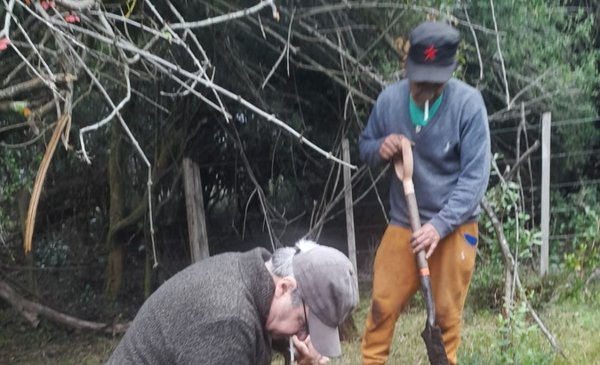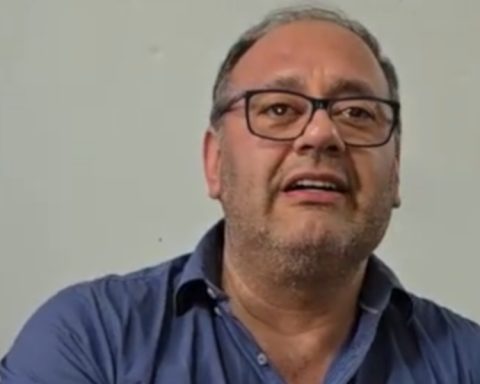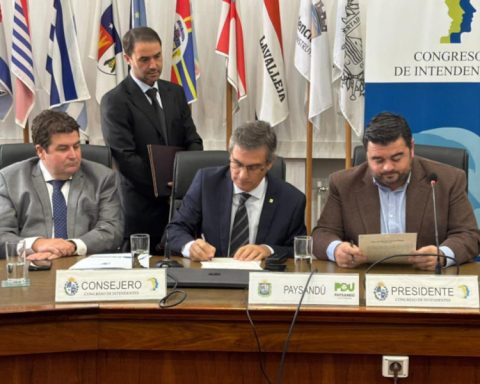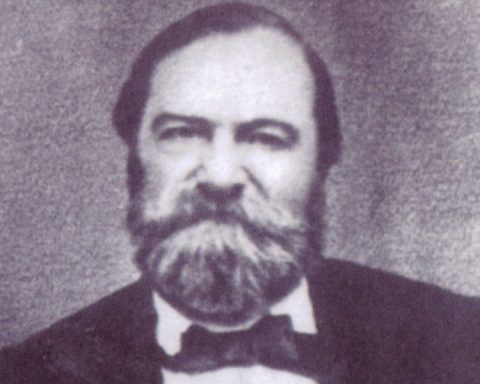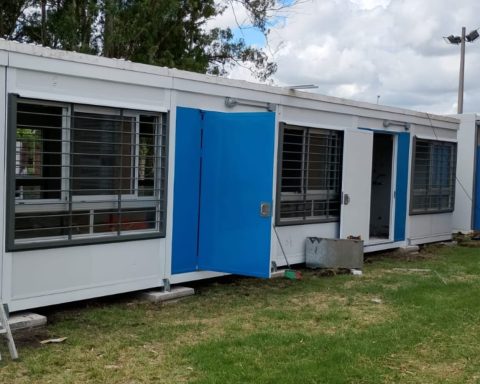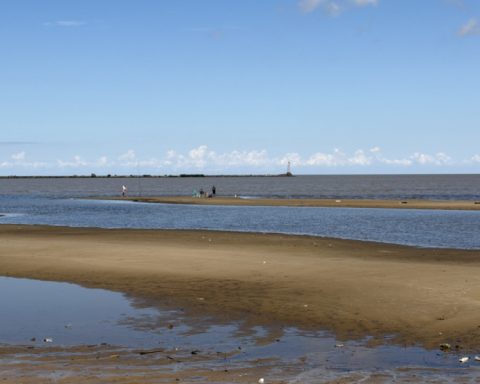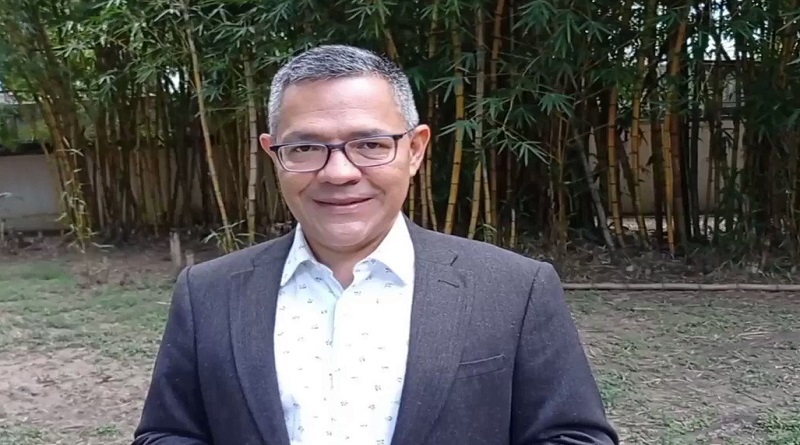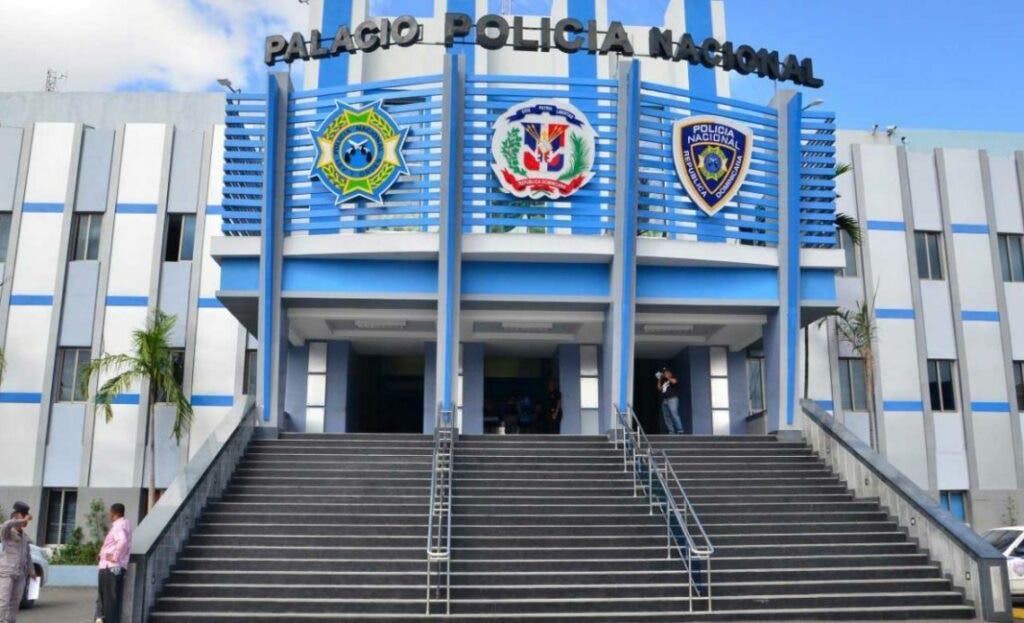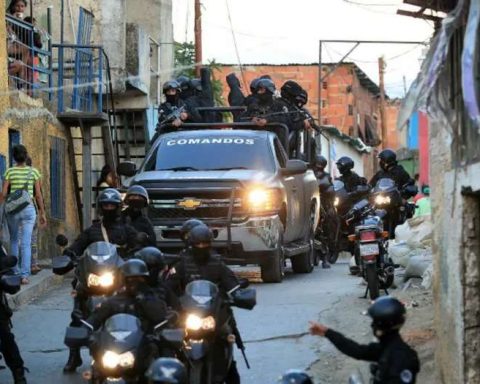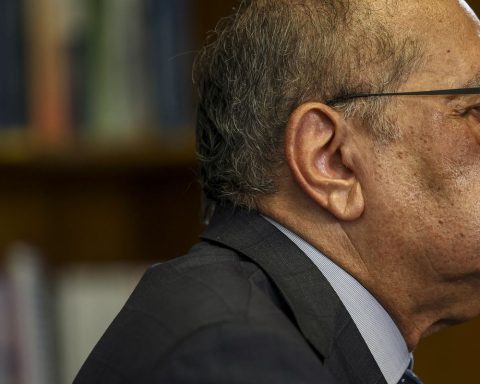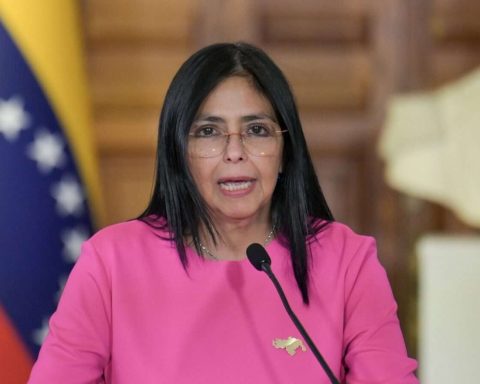Gustavo Torena, better known as Pato Celeste, is digging in a property near Aiguá in search of the remains of the disappeared. The land is located in the department of Lavalleja, near the border with Maldonado, and today it is owned by an individual. In the past, a tourist establishment operated there, the Parador del Pororó. The property was in the hands of the State until 2013, when the Ministry of Tourism sold it to a private individual.
Torena made the decision to initiate an investigation on his own, understanding that the National Human Rights Institution has not responded with the necessary speed to a complaint he made in May, indicating that a clandestine detention center could have existed on that property for the dictatorship.
In the INDDHH, on the contrary, they maintain that they have indeed investigated the complaint and if they have not been able to advance further it is because Torena has prevented them from accessing a key witness.
For now, the excavations carried out by Pato Celeste have not been successful, but according to what he told The Observer much remains to be revealed.
“In the next few days –he announced- I will have a backhoe there”.
“Looks like a jail”
On May 18, Torena appeared before the Human Rights Institution and filed a written complaint.
There he points out that a resident of the Punta Colorada area told him that he had a relationship with General Amauri Prantl, head of the Information and Defense Service during the dictatorship, and that the latter, one night while they were drinking alcohol, told him that a Aiguá had killed “tupas and communists”.
According to the complaint, years later that friend asked in Aiguá if there was any place in the area where the military had acted during the dictatorship. They directed him to the old tourist hostel on Cerro Pororó, at that time already transformed into a private home. The owner of the place, Juan Libechts, let him in and Torena’s friend saw some buildings that looked like dungeons.
Libechts would also have told the Torena source -according to the brief presented- that he was able to buy the field thanks to the friendship of a relative with the then president Jorge Batlle and that when the field was transferred to him he was told that in some places could not do anything, “indicating a place where something prohibited could be.”
On the web you can still access the resolution of the Presidency of November 6, 2003 in which it is established that the Ministry of Tourism sells padrón 5331 of the department of Lavalleja to Libechts in exchange for 1,900 readjustable units.
The place in Aiguá where he looks for the remains of the disappeared
Torena reported that today the field no longer belongs to Libechts, but to a Russian citizen who allowed him to enter his property and enabled him to take photos and start excavations. To obtain the authorization, Torena visited him with the Russian translator Marta Saxlund.
Saxlund told The Observer that the current owner of the land was not surprised by Torena’s request to enter to investigate and dig, since some locals had already told him that the military had been there because a construction “that looks like a prison” is preserved on the property.
The current owner, narrated Torena, also stated that there were some old sheet metal doors on the property with a peephole as the only opening, just as dungeon doors usually are.
Lockdown or recreation?
Who received Torena’s complaint at the Human Rights Institution was the director Mariana Mota.
The former judge categorically denied that Torena’s complaint had not been processed.
On the contrary, she recounted several concrete advances that have been made since she was known. On the one hand, the property of the exparador was investigated and it was possible to corroborate that it was used by the military during the dictatorship.
“Indeed, that was a place used by the military, but as far as we have been able to find out, it was a meeting and recreation place, not a detention center,” Mota told The Observer.
On closing this edition, the official added that INDDHH personnel managed to contact Libechts, who now lives in Rivera’s department. “The previous owner denied that the use of the property had been conditioned in any way,” she reported.
Mota pointed out that the institution’s team continues to work on the complaint. “In order to advance the investigation, it is very important for us to be able to speak with the direct source of the information. That is what is always done,” she added. “Of course we guarantee total confidentiality to all sources, and we have told Torena so. But he refuses to give us the name of this person, or to put him in contact with us. He does not enable that contact seeking to maintain the leading role, and that forces us to travel a much slower and longer path.
Torena, on the other hand, criticized the delay in locating Libechts. But above all, he said he did not understand why no one from the INDDHH has gone to observe the property, when its owner is willing to investigate and dig it up.
Last Thursday he also denounced the situation before the Specialized Prosecutor for Crimes Against Humanity and the Ministry of National Defense.
“Any data that appears about the disappeared, it seems fair to me that it be investigated and that the truth be known,” he said. Torena asks that anyone who knows anything about the property in question let him know. The businessman and former mascot of the Uruguayan soccer team accepted that his source talk with The Observer. In a corner of Montevideo, with Torena as a witness, the man told the story as it appears in the complaint filed with the INDDHH.
He recalled that he met General Prantl in 1989, thanks to a contact made by a merchant from Maldonado, now deceased. He mentioned the name of that merchant, the field in which he worked, the name of his company, the hobby he had and why he had dealings with Prantl.
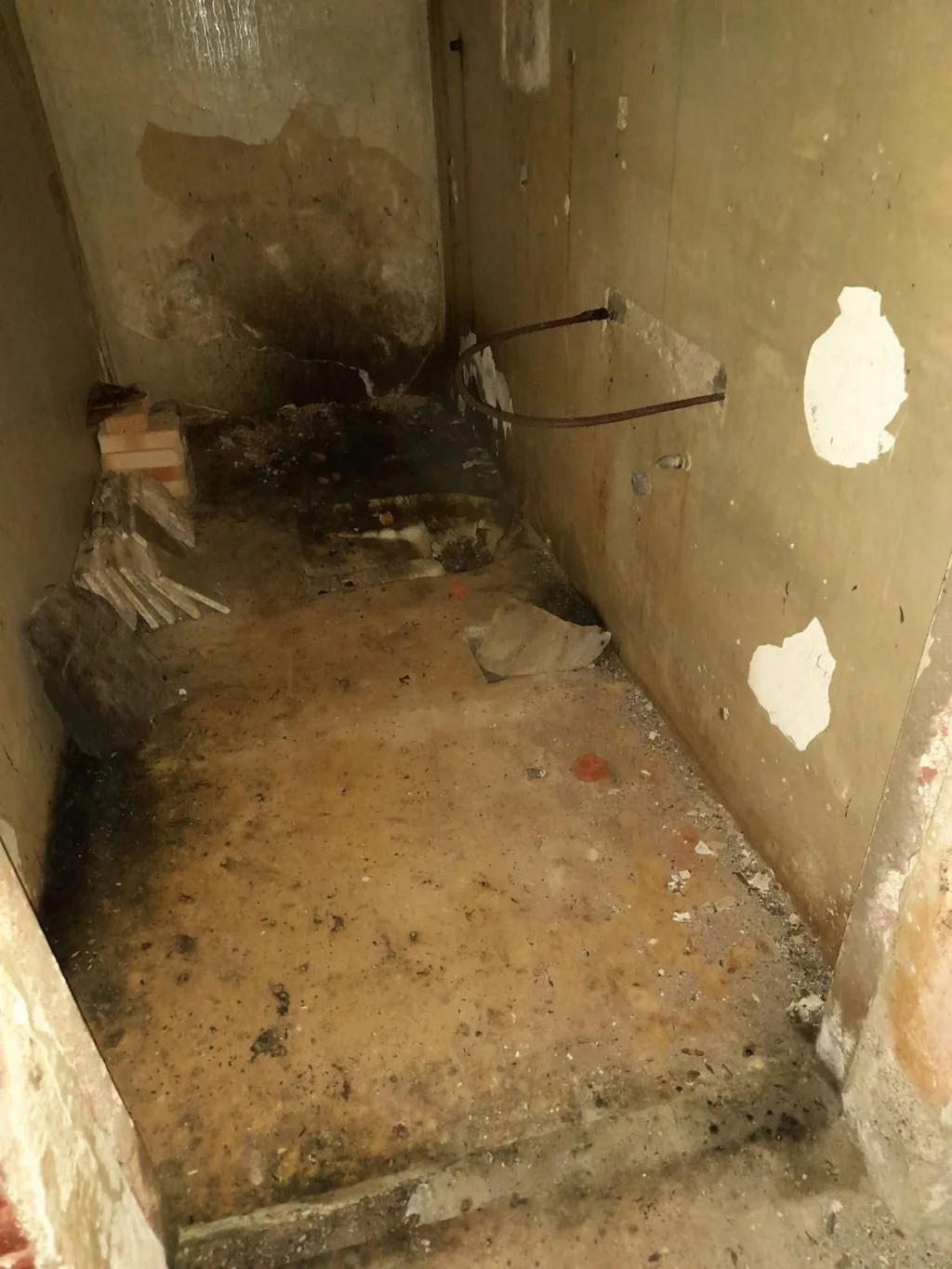
A son of that Fernandino businessman corroborated that the information given by the Torena source is true, and affirmed that his father was in a position to have known the general since he had links with many soldiers.
However, there is one piece of information that does not match: according to the records of the British Cemetery, Prantl died on September 1, 1985, four years before the date indicated by man. His tombstone has that date inscribed on it.
Many years have passed and it could be a confusion in the memory of the source.
Torena has collected testimonies from neighbors who remember that the old parador had an important military presence during the dictatorship, that jeeps arrived and left, some even speak of landing and taking off of helicopters. What hasn’t turned up yet is anyone who remembers being held there.
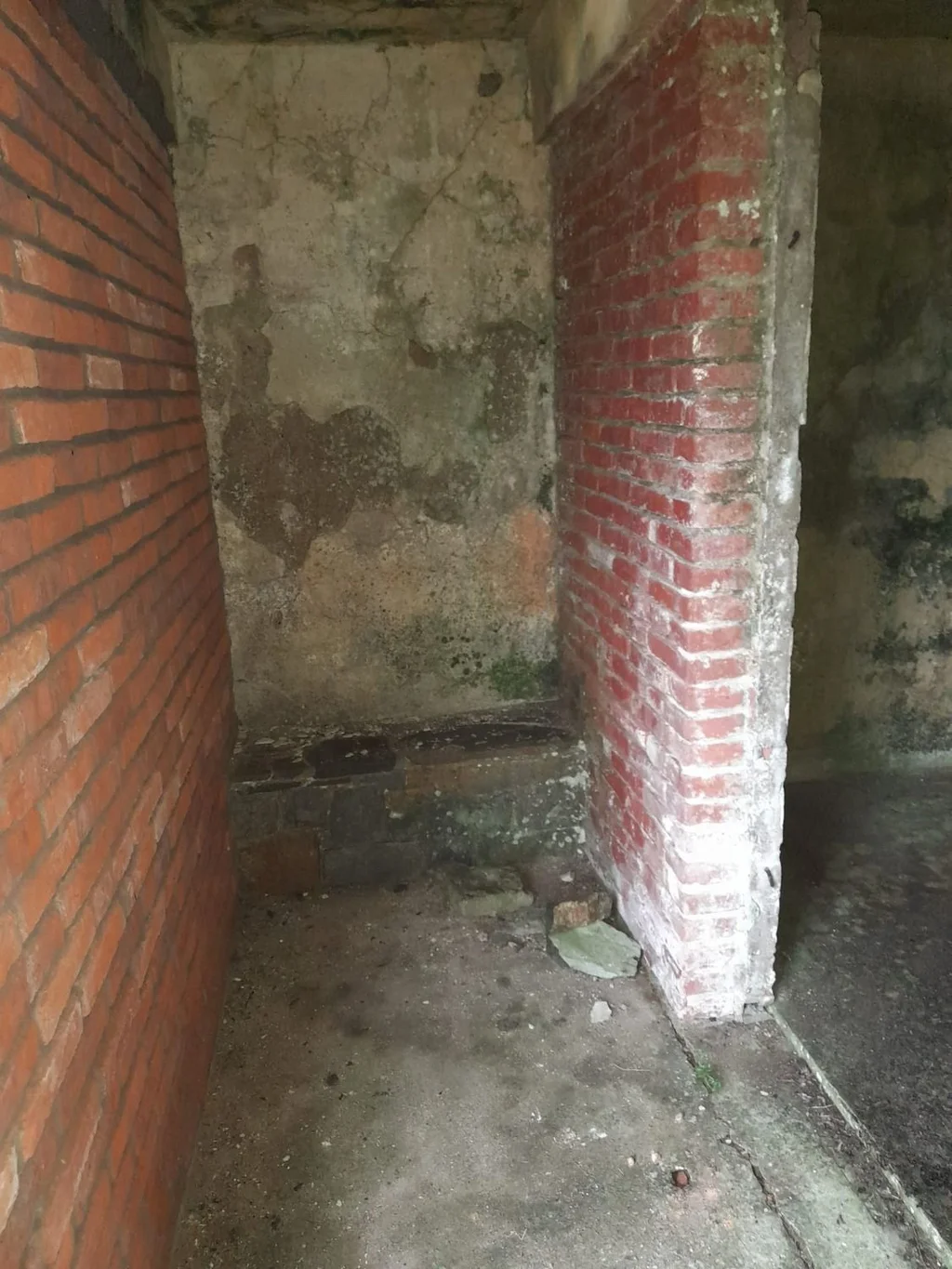
Gastón Grisoni, president of the group of political prisoners Crysol, said he never heard anything about it.
Before beginning to dig on his own, Torena brought anthropologist and archaeologist José María López Mazz, a university professor and one of the people who knows the most about searching for the disappeared in Uruguay, to the field, a task for which he was responsible between 2005 and 2014. Torena showed him the land and the buildings that look like dungeons.
According to what López Mazz told The Observer, he went to see the place, but does not participate in the excavations that are being carried out. What he observed there -he explained- does not allow him at the moment to have a definitive opinion.
“It’s interesting, there are indications, but we still can’t say anything for sure,” said the specialist. “It is striking that there is no testimony from any person who reports having been detained there. That would mean that if there were detainees there, none would have survived. My conclusion is that further investigation is needed.”
